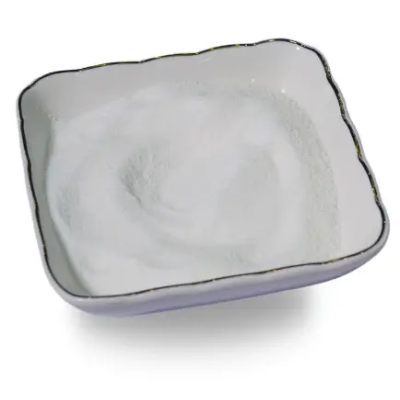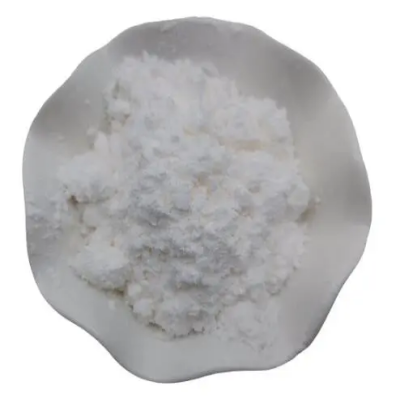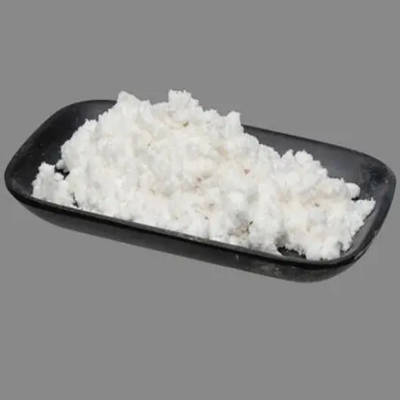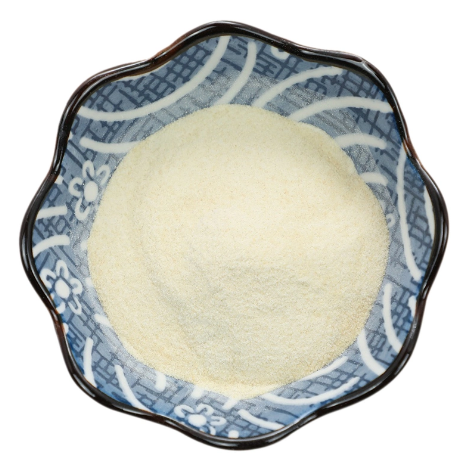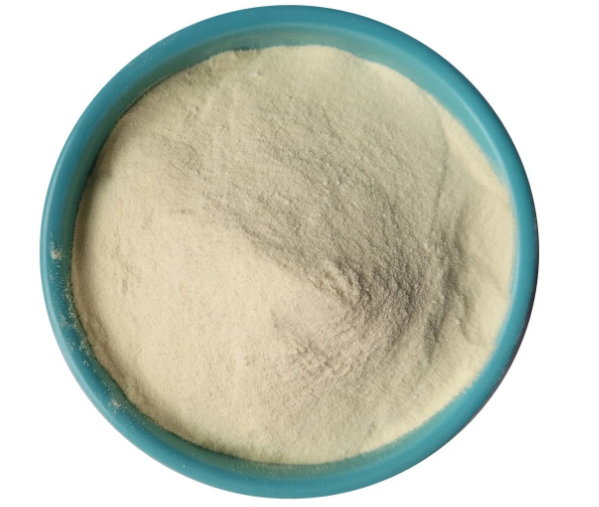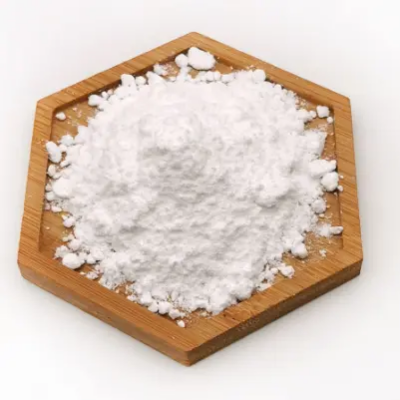Z-MeLeu-OH CAS:33099-08-0
Growth promotion: L-Arginine is known to stimulate growth hormone release in animals, which can con
Researchers frequently employ Z-MeLeu-OH in peptide chemistry for the site-specific modification of peptides. By incorporating Z-MeLeu-OH into peptide sequences, scientists can introduce a methylated leucine residue, enabling the study of the effects of methylation on peptide structure, stability, and interactions with other molecules. Additionally, Z-MeLeu-OH can be used as a building block for the synthesis of modified peptides with specific functionalities or properties, expanding the scope of peptide-based research and applications in drug discovery, proteomics, and chemical biology. Its compatibility with standard peptide synthesis protocols and bioconjugation strategies makes Z-MeLeu-OH a valuable reagent for researchers seeking to manipulate and study peptide structures and functions with precision.
tribute to improved growth and development. It promotes protein synthesis, which is essential for muscle growth, and can enhance overall body weight gain in animals.
Nitric oxide production: L-Arginine is a precursor for nitric oxide (NO) synthesis in the body. Nitric oxide is involved in various physiological processes, including blood vessel dilation, immune function, and cell signaling. Supplementing L-Arginine in animal diets can enhance NO production, leading to improved blood flow, immune response, and nutrient absorption.
Immune function: L-Arginine plays a crucial role in supporting the immune system. It is involved in the production of immune cells, such as T-cells and macrophages, as well as antibodies. By providing an adequate supply of L-Arginine in animal diets, immune function can be optimized, leading to improved disease resistance and overall health.
Reproductive performance: L-Arginine is essential for reproductive processes in animals. It is involved in sperm production and motility in males and can enhance fertility. In females, L-Arginine supports the development and function of the uterus and placenta, enhancing reproductive performance and increasing litter size.
Stress management: L-Arginine has been shown to have a positive impact on animals' stress response. It can reduce stress-induced cortisol levels and promote a state of relaxation. By supplementing L-Arginine in animal diets, stress tolerance and overall well-being can be improved.



| Composition | C15H21NO4 |
| Assay | 99% |
| Appearance | white powder |
| CAS No. | 33099-08-0 |
| Packing | Small and bulk |
| Shelf Life | 2 years |
| Storage | Store in cool and dry area |
| Certification | ISO. |


